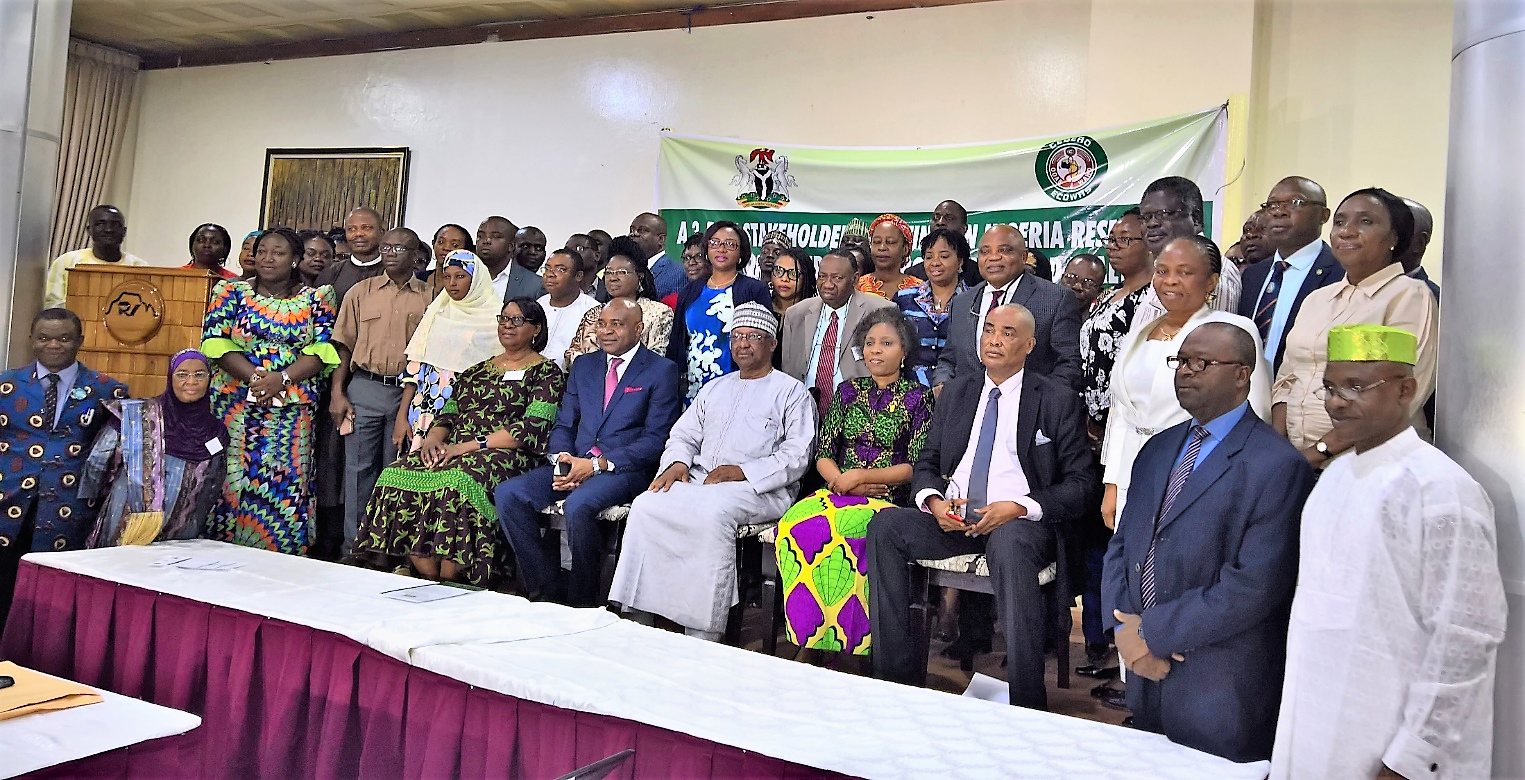
The West African Health Organization (WAHO), is the specialized health institution of the Economic Community of West African States (ECOWAS). One of its missions is to promote research to combat health problems through a better understanding of the problems, the identification, implementation and rigorous evaluation of effective strategies or interventions.
As part of the Canadian Initiative “Innovation for the Mothers and Children Health in Africa (IMCHA), WAHO was selected to act as the Health Policy and Research Organization to facilitate collaboration between researchers and decision-makers and help improve the environment for better use of evidence in the development and implementation of maternal and child health policies.
To make this mission a success, WAHO first conducted a situation analysis in six West African countries (Benin, Burkina Faso, Ghana, Mali, Nigeria, and Senegal). This analysis identified weaknesses in individual, organizational and institutional capacities that limit the use of evidence. This led to the set-up of intervention platforms to strengthen individual, organizational and institutional capacities in the countries.
As a result, ECOWAS Ministers of Health adopted a resolution on the use of evidence in the development and implementation of health policies. WAHO has sensitized more than 500 decision-makers, researchers and staff on the concept of knowledge transfer to improve the use of evidence. We also trained about 100 decision-makers in research, adapted and used evidence, the training of more than 40 researchers in the development of policy briefs and the use of social media to share research results has also shown great outcomes. The highlights for us at WAHO includes the training of 20 researchers in conducting implementation research, the establishment of a framework for dialogue between health decision-makers and researchers in three countries (Senegal, Nigeria and Burkina Research Days in Maternal, Newborn and Child Health), and the development of a guidance document to facilitate the use of evidence.
Documentation and evaluation of the training courses showed that knowledge and skills were acquired to identify, adapt and use the evidence. Also in some countries, initiatives have been taken to support the use of evidence such as the creation of a knowledge transfer unit within the Ministry of Health, the search for evidence by some decision-makers and the presence of the use of evidence in policy discourses. A final evaluation of the project will take place in 2020 and will identify lessons learned and good practices and best strategies to promote them to other stakeholders.
The views expressed in published blog posts, as well as any errors or omissions, are the sole responsibility of the author/s and do not represent the views of the Africa Evidence Network, its secretariat, advisory or reference groups, or its funders; nor does it imply endorsement by the afore-mentioned parties.